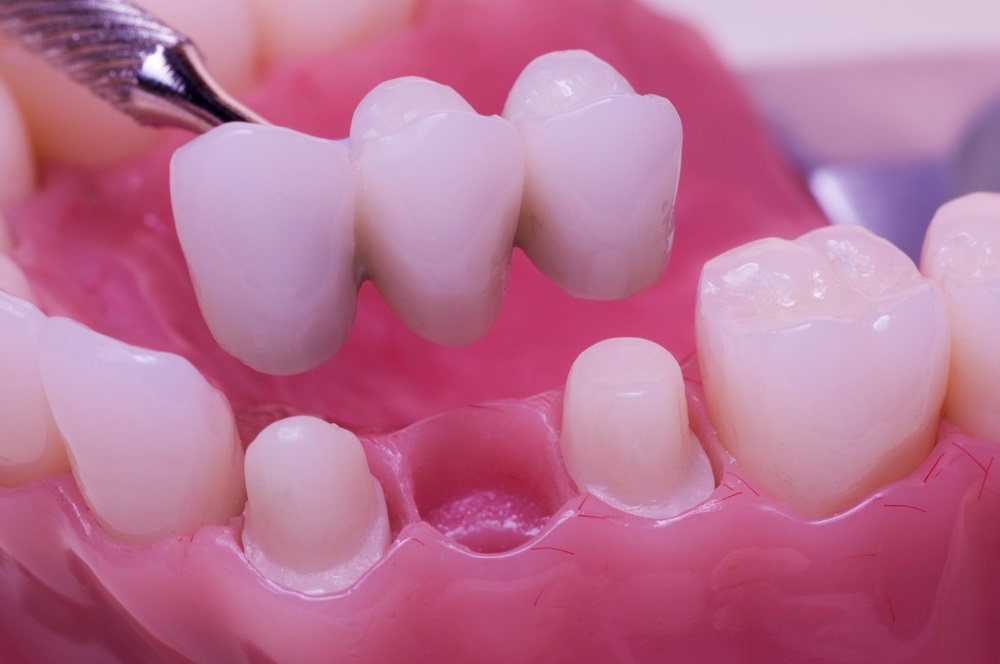A bright, healthy smile can significantly impact confidence and overall well-being. When considering dental bridges, understanding the various available types is crucial to making an informed decision about oral health.
Dental bridges serve as a solution for missing teeth, restoring functionality and aesthetics. Let’s explore the different types of dental bridges in Sidney to help you determine the most suitable option for your needs.
Traditional Dental Bridges
The most common type, traditional bridges, involve creating a crown for the tooth or implant on either side of the missing tooth, with a pontic (artificial tooth) in between. These bridges are crafted from porcelain, ceramic, or a combination of materials. They are sturdy, durable, and blend seamlessly with natural teeth, making them popular.
Cantilever Dental Bridges
Unlike traditional bridges, cantilever bridges use adjacent teeth on only one side of the missing tooth or teeth. This type of bridge is suitable when only one adjoining tooth is available for support. While effective, they may put more stress on the supporting tooth and may not be recommended for the back of the mouth, where chewing forces are higher.
Maryland Bonded Bridges
This type, also known as resin-bonded or Maryland bridges, doesn’t require crowns on the adjacent teeth. Instead, a metal or porcelain framework is bonded to the back of the adjacent teeth, supporting the artificial tooth or teeth in place. Maryland bridges are a more conservative option, preserving the structure of adjacent teeth.
Implant-Supported Bridges
Implant-supported bridges are held in place by dental implants that have been surgically implanted in the jawbone. These bridges are highly stable and do not rely on adjacent teeth for support. They provide a natural feel and function similar to natural teeth. However, the process involves multiple stages and may require a longer treatment period.
The right type of dental bridge is determined by a number of factors, including:
- Location of Missing Teeth: The location of the gap influences the type of bridge recommended. For instance, an implant-supported bridge might be ideal for back teeth due to the higher pressure during chewing.
- Health of Adjacent Teeth: Traditional bridges require the support of adjacent teeth. A traditional bridge might be suitable if these teeth are healthy and strong. Otherwise, a different type, like an implant-supported bridge, might be preferable.
- Bone Density and Gum Health: Implant-supported bridges necessitate adequate bone density and healthy gums for successful integration. If these factors aren’t optimal, alternative options may be considered.
- Aesthetic Concerns: Different bridges offer varying levels of aesthetic appeal. Patients might prefer a bridge closely matching the natural teeth’ colour and appearance.
Consulting with a qualified dentist in Sidney is crucial in determining the most suitable type of dental bridge for individual needs. A thorough examination of oral health, discussing preferences, and understanding the pros and cons of each class will guide the decision-making process.
Moreover, maintaining good oral hygiene is essential to ensuring the longevity of the dental bridge. Regular brushing, flossing, and routine dental check-ups are imperative to prevent decay or gum disease that could affect the bridge’s integrity.
Summarizing Thoughts
In conclusion, dental bridges are a valuable solution for restoring a complete and healthy smile. Choosing the right type of bridge depends on individual circumstances, oral health, and aesthetic preferences.
By working closely with a dentist near you and understanding the available options, individuals can regain their smile and confidence with a dental bridge that suits their needs perfectly.
Remember, a healthy smile is not just about appearance but also about overall well-being and self-assurance. Take the necessary steps to maintain oral health and explore the best dental bridge option to achieve the radiant smile you deserve.
At Sidney Harbour Dental, our expert team assesses your unique needs and oral health to recommend the ideal dental bridge type. With personalized consultations and a range of options like traditional, implant-supported, and more, we ensure you receive tailored solutions for a confident, functional smile. So, if you are looking for a direct-billing dentist near you, Sidney Harbour Dental is your next stop!
FAQs
-
What is the best type of dental bridge to get?
The best type of dental bridge varies based on individual factors like the location of the missing tooth, overall oral health, and personal preferences. Consulting a qualified dentist who assesses your situation is crucial to determining the most suitable bridge, whether traditional, implant-supported, or another type, ensuring optimal function and aesthetics.
-
Which is better, porcelain or zirconia?
Choosing porcelain and zirconia for dental bridges depends on several factors, including durability, aesthetics, and personal preferences. Porcelain offers a natural appearance but might be more prone to chipping. Zirconia provides exceptional strength but may lack the clarity of porcelain. Consulting a dentist aids in selecting the best material for your specific needs.
-
What looks more natural: zirconia or porcelain?
Determining which material, zirconia or porcelain, looks more natural depends on various factors. Porcelain often mimics the translucency and appearance of natural teeth remarkably well, offering a closer match. While exceptionally durable, Zirconia may not replicate the same level of transparency as porcelain. A consultation with a dentist helps you decide based on individual preferences and aesthetics.









